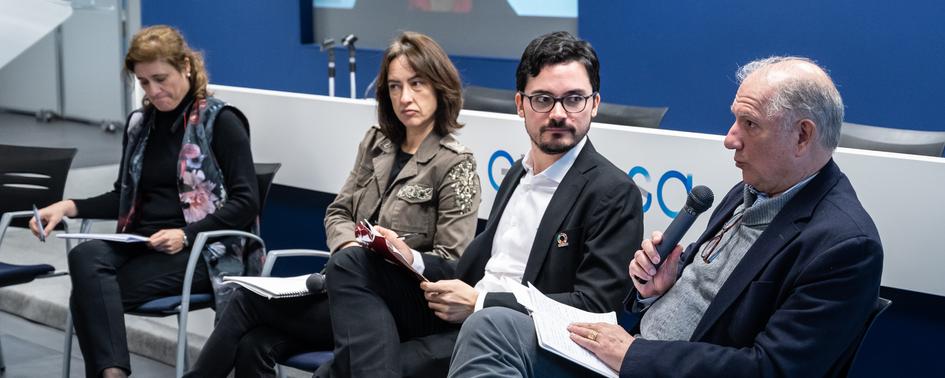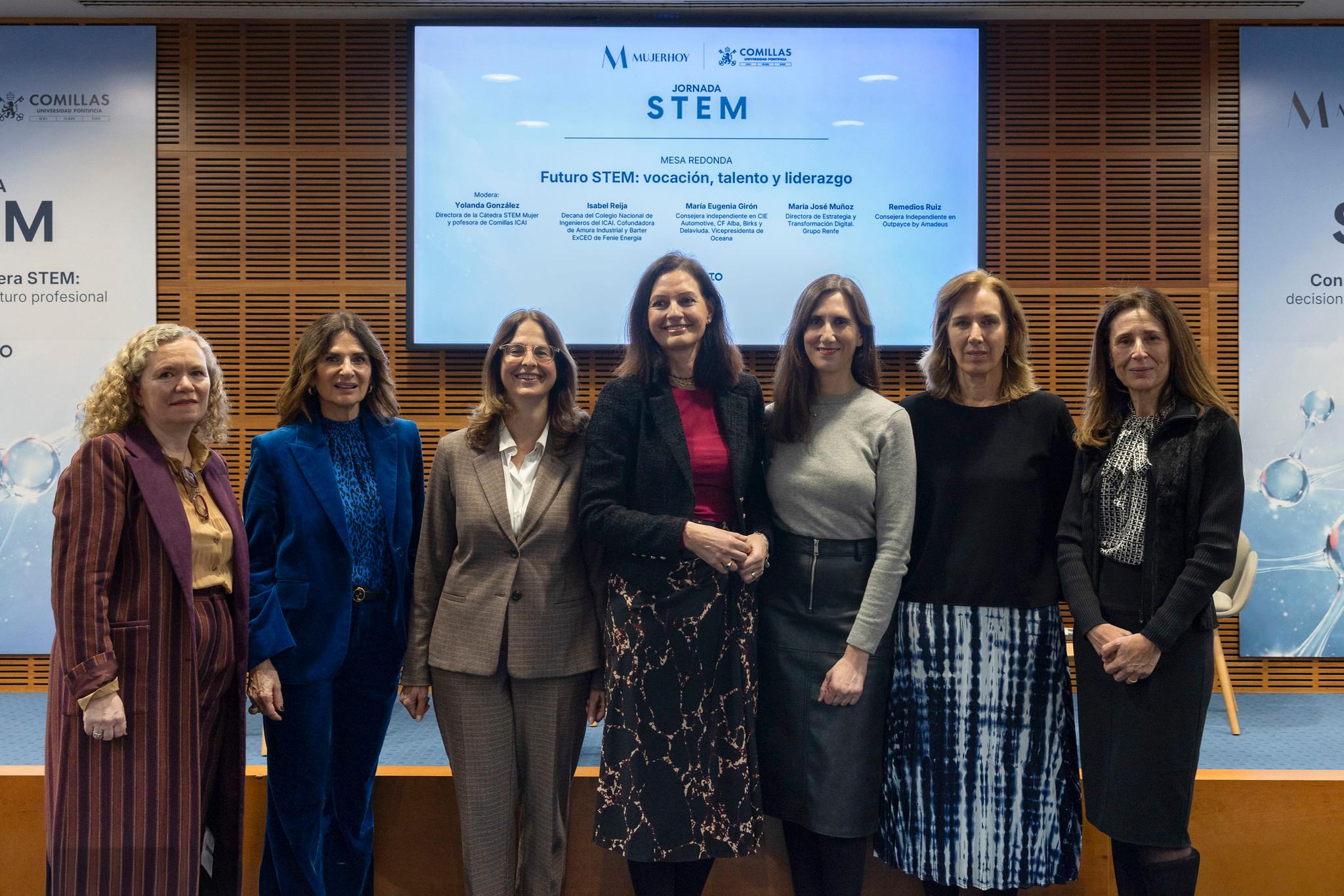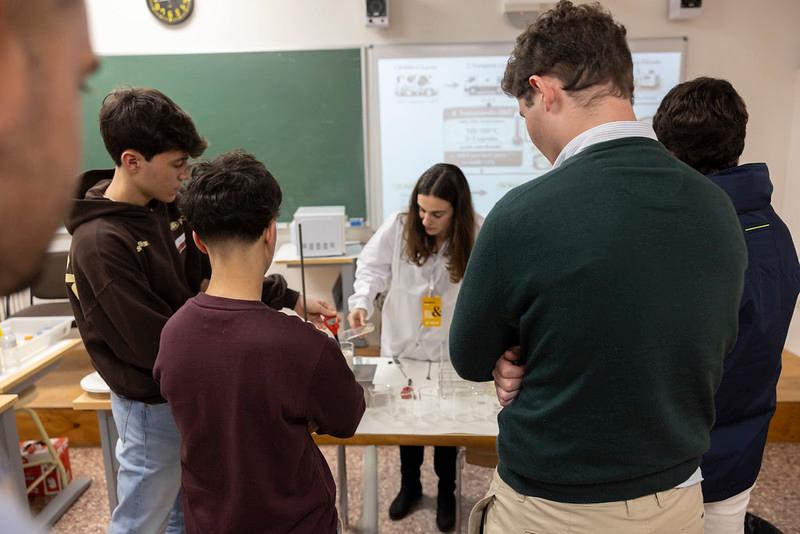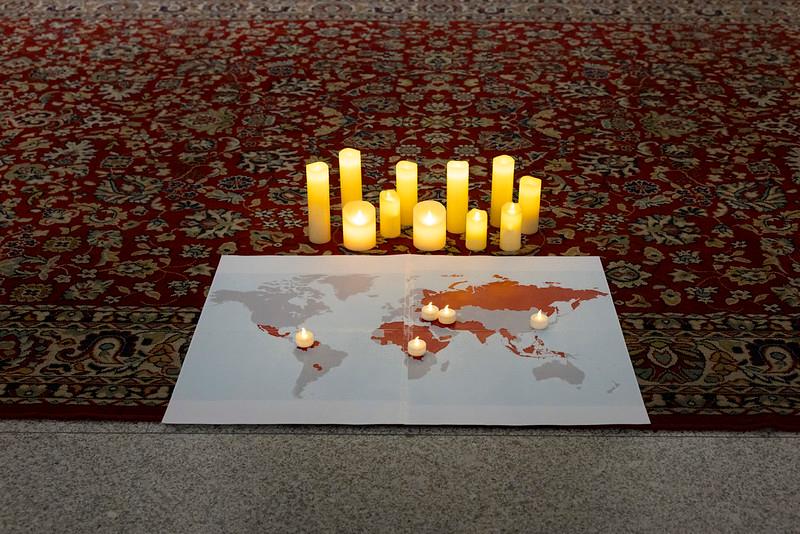Energy poverty at the centre of the debate
The Chair in Energy and Poverty analysed the impact on vulnerable consumers

Members of the Chair in Energy and Poverty actively participated in the seminar. In the photo, Roberto Barrella, researcher of the Chair.
23 February 2023
The energy situation in Spain and the rest of Europe began to get more complicated halfway through 2021 with the rise in gas prices and worsened a year ago with the start of the war in Ukraine. This has had a direct impact on the cost of energy consumption, which has become an important part of household expenses, as well as being part of other products and services consumed by households. The ones who suffer the most are the most vulnerable groups or those on the threshold of being so, as was made clear in the latest Report on Energy Poverty Indicators in Spain in 2021, prepared by the Comillas Chair in Energy and Poverty.
The IX Interdisciplinary Seminar, held at Endesa's corporate headquarters and organised by the Chair in Energy and Poverty, was held to analyse all these issues, with the participation of representatives not only from the Chair, but also from public bodies such as the Ministry for Ecological Transition and the Demographic Challenge (MITECO), non-profit organisations (Energy without borders, Red Cross and ECODES) and energy companies (Endesa and Naturgy). Together they analysed issues such as support measures for consumers in the context of the current energy crisis and the impact of anti-crisis measures on vulnerable people.
The speakers at the conference recalled that various measures have been implemented by public administrations. According to data analysed by Endesa, the final impact of the measures introduced by the government on the bill of an average consumer with a regulated electricity tariff (PVPC) is a reduction of 26 euros per month. If the family is vulnerable and has a social voucher, the measures have a more positive effect, reducing their bill by 69 euros per month. If they are severely vulnerable, the average reduction is 64 euros per month.
Efraim Centeno, director of the Chair said that “past experiences show that, frequently, measures do not get implemented as they should for different reasons: information, lack of awareness, difficulty of negotiations…” That is the reason why “the Chair proposes to improve the effectiveness of these measures through dialogue, bringing together the points of view of the academy, business and organisations in contact with vulnerable people and the administration”, adds Roberto Barrella, lecturer at Comillas ICAI and researcher of the Chair.
On his part, José Casas Marín, General Director of Institutional Relations and Regulation at ENDESA, said that “after the pandemic, and now with the war in Ukraine, the current energy crisis is having a greater impact than expected and energy poverty is a major issue. Spain has been a pioneer in Europe and has suggested many measures to alleviate it, especially for the most vulnerable consumers”.
Manuel García, General Director for Energy Policy and Mines at MITECO, said that “Spain has anticipated and led the debate in Europe in the face of the crises that we have experienced and continue experiencing. It was necessary to act diligently with the instruments we already had, so there are structural reforms that are still pending". In response, social organisations warned that many citizens do not know how to take advantage of the measures, that there is a lot of hidden energy poverty and that the energy demand of these families should be reduced through the rehabilitation of buildings.
Related news

A meeting to listen, share doubts and discover that talent is also built with courage

The program includes three complementary professional profiles: agricultural engineer, manager and industrial engineer

The university community came together in prayer as a gesture of commitment to peace and justice
